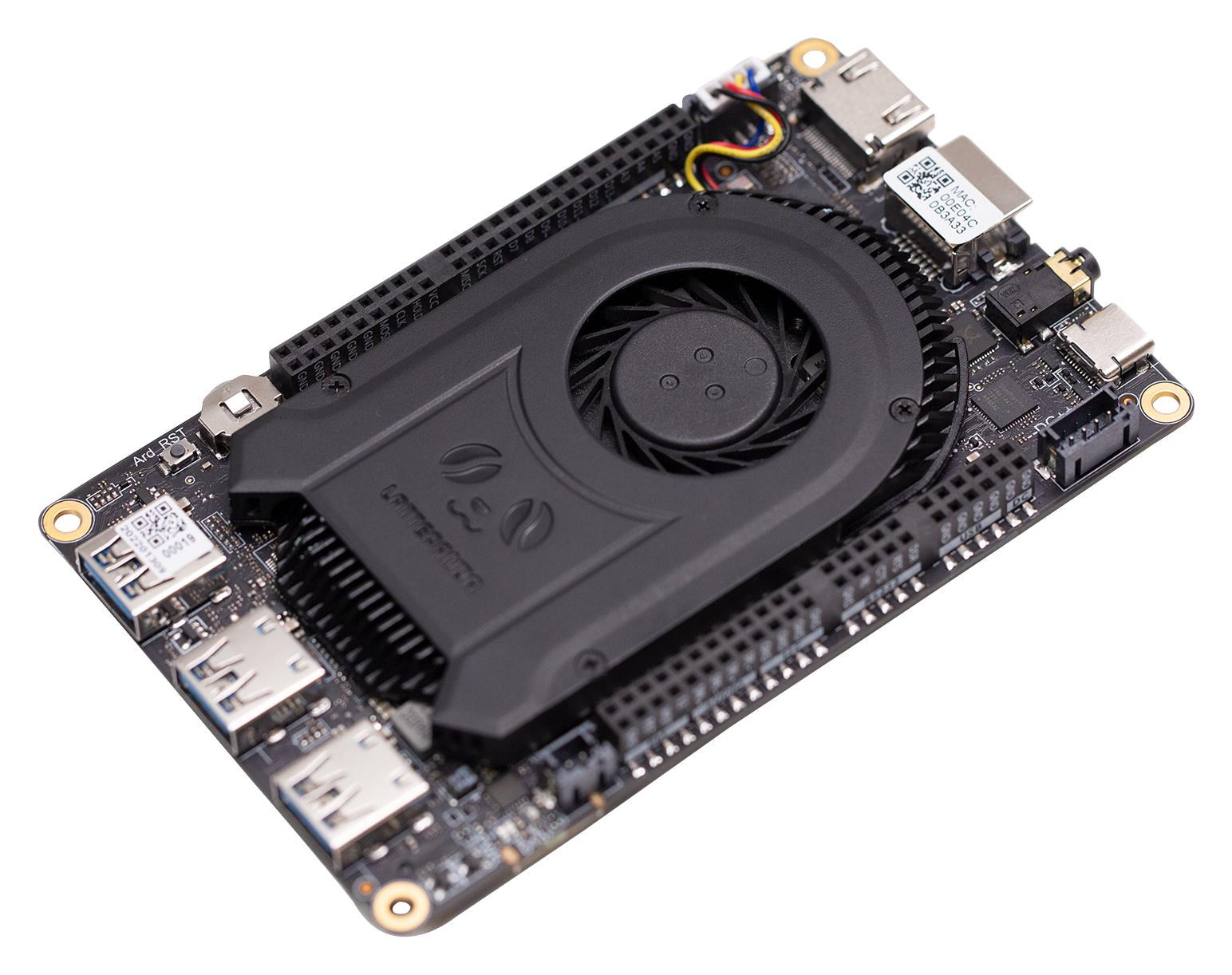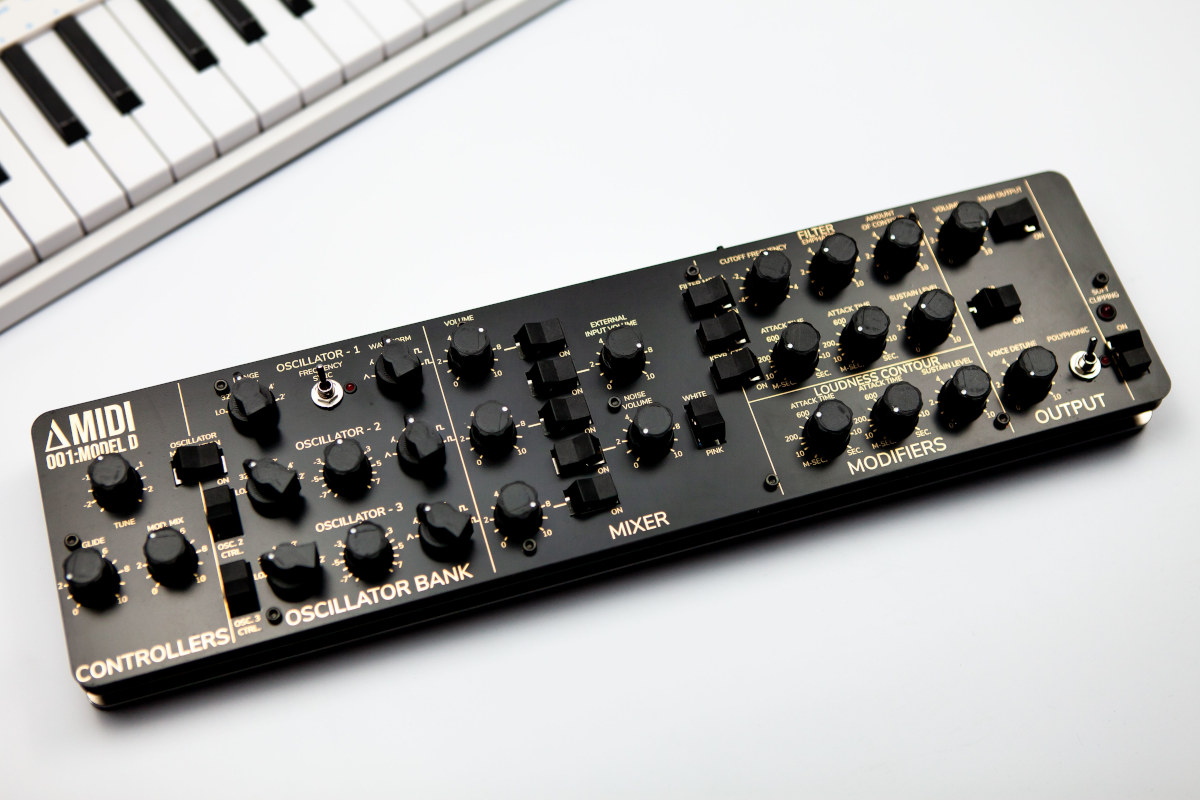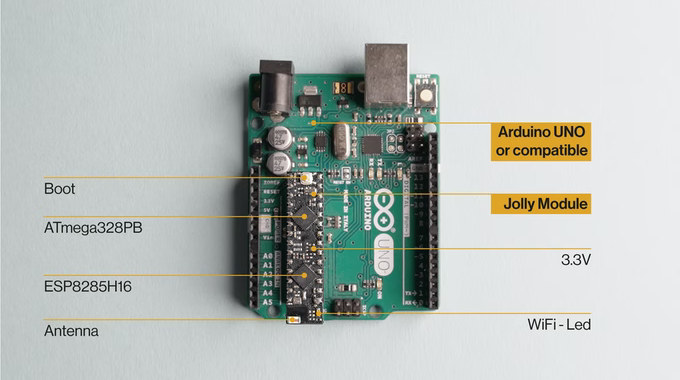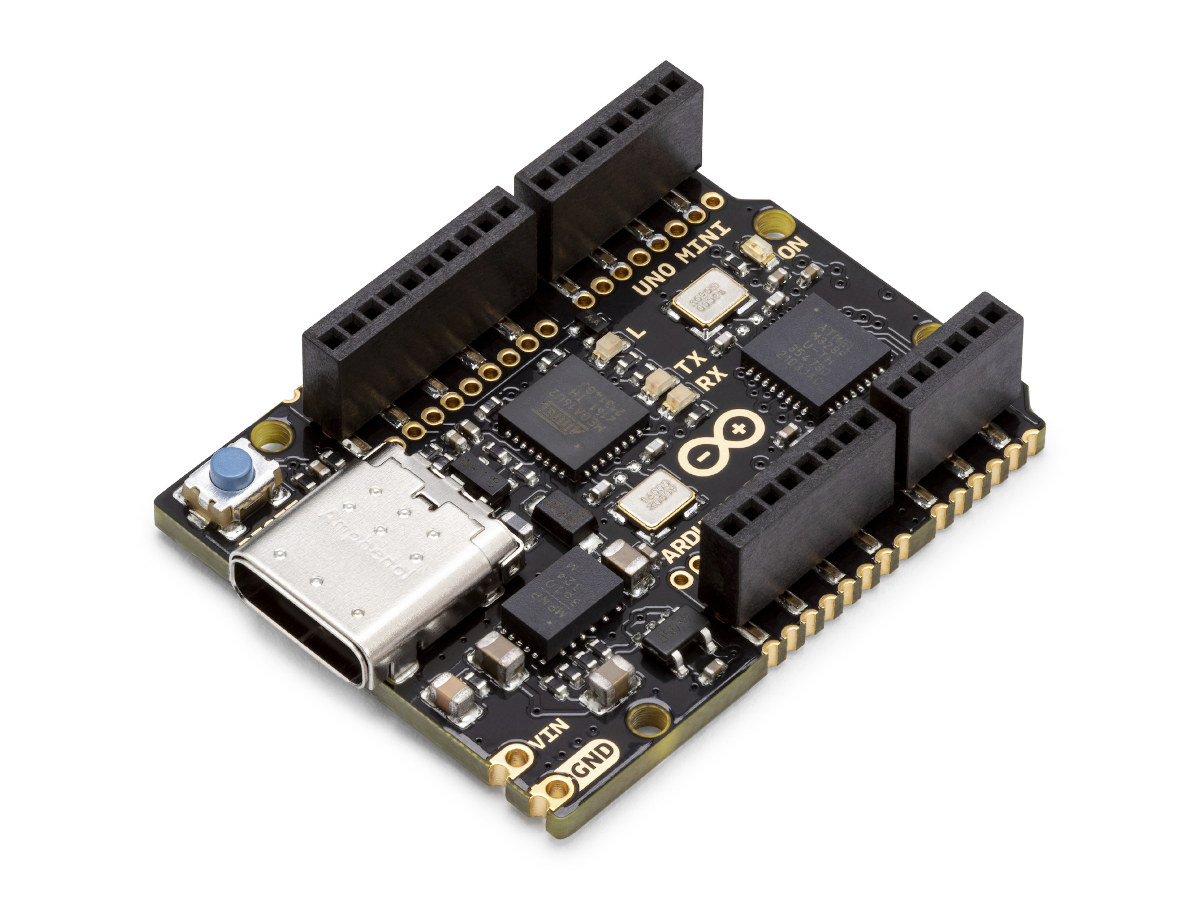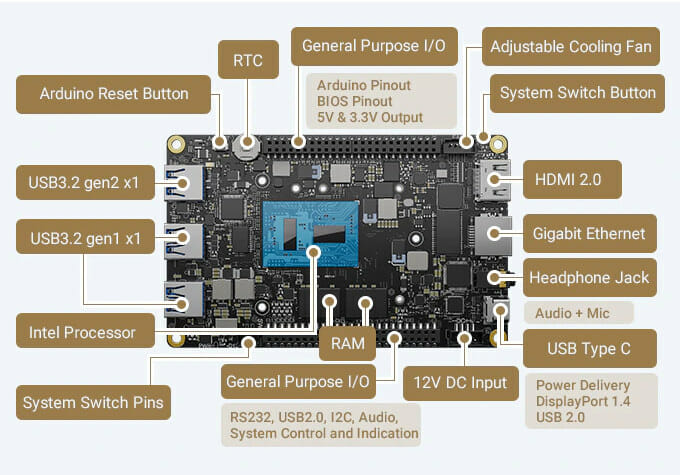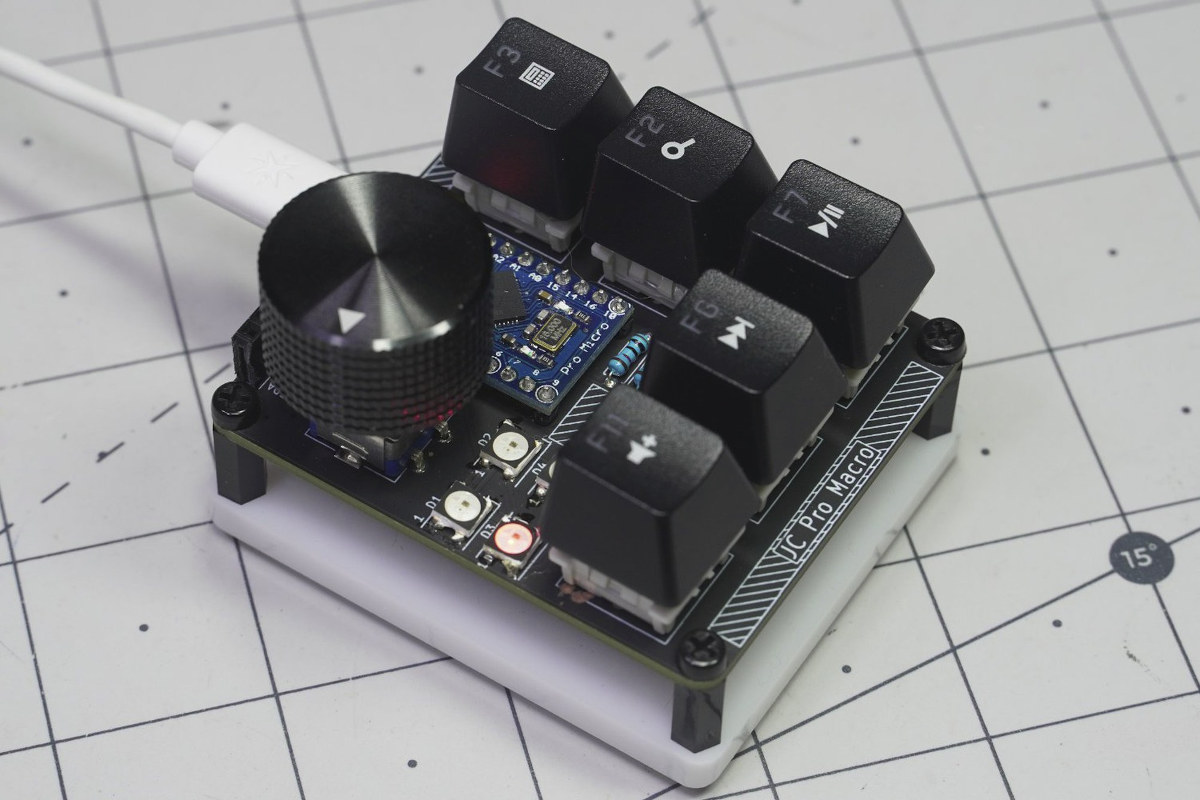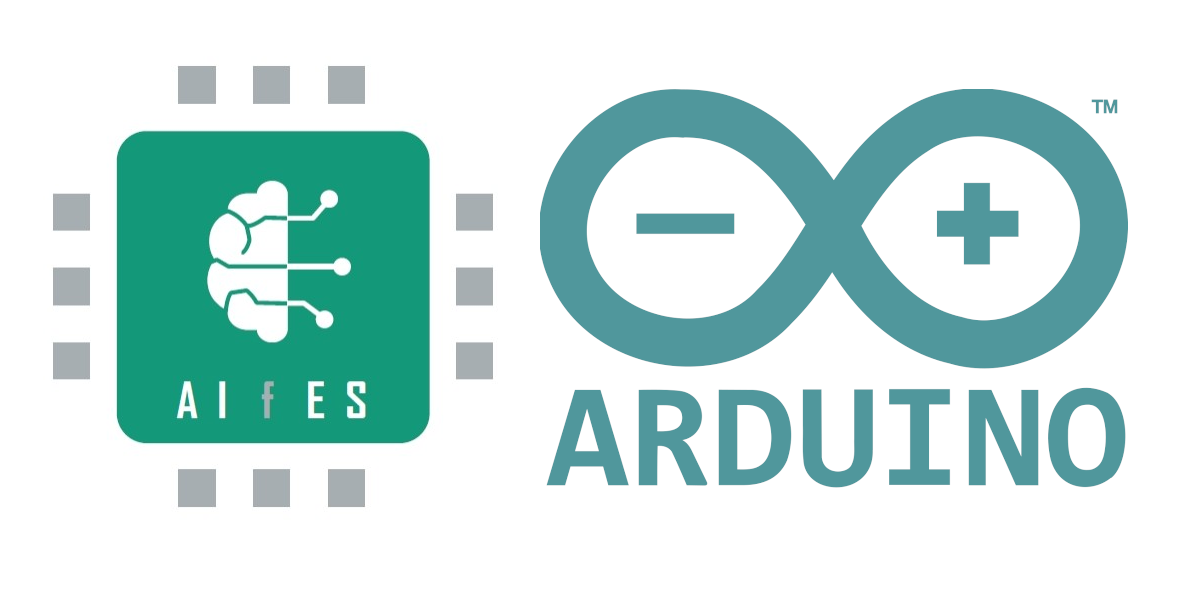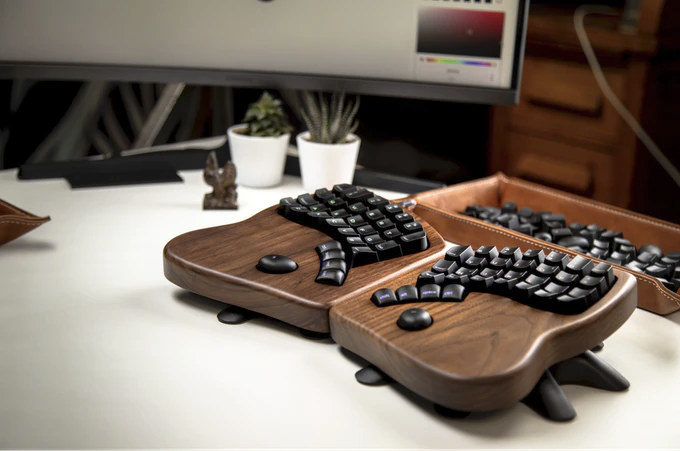The LattePanda 3 Delta single board computer with an Intel Celeron N5105 Jasper Lake processor and an Arduino ATmega32U4 Leonardo compatible MCU that initially launched through a Kickstarter campaign in November 2021. The team behind the board has now announced the global availability of the Intel + Arduino SBC on DFRobot starting at $279 plus shipping, which we can compare to the $229 pledge asked during the crowdfunding campaign for reference. LattePanda 3 Delta 864 specifications remain the same also with a few extra details: SoC – Intel Celeron N5105 quad-core Jasper Lake processor @ 2.0GHz / 2.9GHz (Turbo) with Intel UHD graphics 605 @ 450 to 800 MHz; 10W TDP System Memory – 8GB LPDDR4 @ 2933 MHz Storage 64GB eMMC 5.1 flash Support for M.2 NVMe or SATA SSD (See Expansion section) MicroSD card socket MCU – Microchip ATmega32U4-MU 8-bit AVR Arduino Leonardo compatible microcontroller Video Output HDMI […]
Arduino-based MIDI controller brings Minimoog Model D synthesizer back to life (Crowdfunding)
ΔMIDI 001:model D is an Arduino-based MIDI controller inspired by the Minimoog Model D synthesizer first introduced in the early 1970’s, but not in production anymore. The MIDI controller is compatible with VST (Virtual Studio Technology) plugins designed for the Minimoog synthesizer, DAWs (Digital Audio Workstation), and as an open-source, can be directly modified or tweaked by its user. ΔMIDI 001:model D key features and specifications: MCU – Arduino-compatible ATMega microcontroller Controls 21x analog potentiometers 6x 6-stage knobs 15x toggle switches 2x lever switches 3x LED indicators 44x physical controls in total. Sync button for instant settings transfer. Map button for changing MIDI mapping on the fly. Class-compliant MIDI-USB protocol implementation Eurorack-compatible design Dimensions – 425 x 110 x 48 mm Weight – 1100 grams Materials – Three layers of fiberglass reinforced laminate with an additional layer of sheet aluminum. All CNC-machined. The 001:model D MIDI controller has been tested […]
ESP8285 WiFi DIP module replaces ATMega328P MCU on Arduino UNO board (Crowdfunding)
Released over 10 years ago, Arduino UNO is still the best-selling Arduino board, but lacking WiFi in the IoT era is not ideal, so Gianluca Martino, Arduino co-founder and working with the company until 2015, decided to design the Jolly DIP module based on ESP8285 WiFi chip that can replace the ATmega328P 8-bit AVR DIP-40 microcontroller. Since ESP8285 cannot provide all I/Os, notably analog inputs offered by ATmega328P, Gianluca combined it with the ATMega328PB microcontroller in a compact SMD package to offer firmware compatibility plus WiFi connectivity in the same DIP form factor. Jolly module specifications: MCU – Microchip ATMega328PB 8-bit AVR microcontroller with 32 KB ISP Flash, 1 KB EEPROM, 2 KB SRAM (Based on data from the datasheet) Wireless chip – Espressif Systems ESP8285H16 WiFi SoC with 2MB integrated flash plus ceramic antenna Communication interfaces between the two chips – SPI + UART (the latter exclusively for ESP8285 […]
Arduino UNO Mini Limited Edition launched to celebrate 10 million Arduino UNO milestone
Ten million Arduino UNO boards have been shipped since its launch in 2010, and the Arduino team has designed the Arduino UNO Mini Limited Edition to celebrate the impressive milestone. The Arduino UNO Mini has basically all the same features as the original Arduino UNO but uses a quarter of the area, and features a USB Type-C port for programming the board with the Arduino IDE. Arduino UNO Mini Limited Edition specifications: Microcontroller – Microchip ATmega328P 8-bit AVR microcontroller @ 16 MHz with 2KB SRAM, 32KB flash, 1 KB EEPROM USB – 1x USB Type-C port Expansion via female headers and castellated holes 14x digital I/O pins (GPIO, I2C, SPI, UART) 6x PWM I/O pins 6x analog input pins Misc – Button, Some LEDs Input Voltage – 6-20V via VIN/GND pins or 5V via USB-C port Operating Voltage – 5V Dimensions – 34.2 x 26.7 x 8mm Weight – […]
LattePanda 3 Delta SBC combines Celeron N5105 SoC with Arduino (Crowdfunding)
LattePanda 3 Delta is the new version of the x86 + Arduino board introduced in 2015 with an Intel Atom x5-Z8300 processor, and followed by LattePanda Alpha/Delta in 2017 with respectively Kaby Lake and Gemini Lake processors. The new LattePanda 3 Delta brings some serious performance boost with an Intel Celeron N5105 quad-core Jasper Lake processor that doubles the CPU performance, triples the GPU speed, and enables smooth 4K HDR video playback. Plus no vaccine is required that for that delta variant! 😉 LattePanda 3 Delta specifications: SoC – Intel Celeron N5105 quad-core Jasper Lake processor @ 2.0GHz / 2.9GHz (Turbo) with Intel UHD graphics 605; 10W TDP System Memory – 8GB LPDDR4 @ 2933 MHz Storage 64GB eMMC flash M.2 M Key socket for NVMe SSD M.2 B Key socket for SATA SSD MicroSD card socket MCU – Arduino Leonardo compatible Video Output HDMI 2.0 DisplayPort via USB Type-C […]
Arduino powered 5-key keypad includes a rotary encoder
There was a time when people were happy to interact with their computer with a standard keyboard and mouse. But in recent years, we’ve noticed more programmable, custom-designed keyboards with more ergonomy, a built-in touchscreen display, integrated into a multi-function USB dock/hub, as well as tiny keypads with a couple of mechanical keys to speed up specific functions. JC Pro Macro is another one of those compact USB keypads. Powered by an Arduino Pro Micro board, the keypad features five mechanical keyboard keys, and adds a rotary encoder, plus an optional I2C OLED display for debugging, and some I/Os to control external hardware like a fan. JC Pro Macro keyboard’s features and specifications: MCU board – Arduino Pro Micro compatible board with Microchip ATmega32U4 AVR microcontroller User input 5x programmable keyswitches Rotary encoder to control volume or other “rotary-y” elements, plus a 6th input switch, i.e. you can press it […]
AIfES for Arduino high-efficiency AI framework for microcontrollers becomes open source
AIfES (AI for Embedded Systems) is a standalone, high-efficiency, AI framework, which allows the Fraunhofer Institute for Microelectronic Circuits and Systems, or Fraunhofer IMS for short, to train and run machine learning algorithms on resource-constrained microcontrollers. So far the framework was closed-source and only used internally by Fraunhofer IMS, but following a collaboration with Arduino, AIfES for Arduino is now open-source and free to use for non-commercial projects. The framework has been optimized to allow 8-bit microcontrollers such as the one found in Arduino Uno to implement an Artificial Neural Network (ANN) that can be trained in moderate time. That means offline inference and training on small self-learning battery-powered devices is possible with AIfES without relying on the cloud or other devices. The library implements Feedforward Neural Networks (FNN) that can be freely parameterized, trained, modified, or reloaded at runtime. Programmed in C language, AIfES uses only standard libraries based […]
Keyboardio Model 100 wooden keyboard runs open-source Arduino firmware (Crowdfunding)
Are you bored with keyboard news yet? Keyboardio Model 100 does not quite look like most keyboards though. It’s basically a piece of art with an enclosure made of walnut or maple hardwood, and designed as an ergonomic keyboard with left and right parts with a total of 64 mechanical switches with RGB LEDs and custom-sculpted keycaps. Keyboardio Model 100 also runs Kaleidoscope open-source firmware programmed in the Arduino IDE, and can be customized by the user with Chrysalis open-source, cross-platform graphical configuration tool. The community is also working on porting QMK firmware to the keyboard. The Keyboardio Model 100 ships with QWERTY keycaps, but alternative keycap sets with Dvorak, Colemak, Linear A, or blank legends are available as a add-on. Other accessories include a 1.5 USB-A to USB C cable for connection to the host, a 10cm RJ45 interconnect cable and a 1m RJ45 interconnect cable to connect the […]


